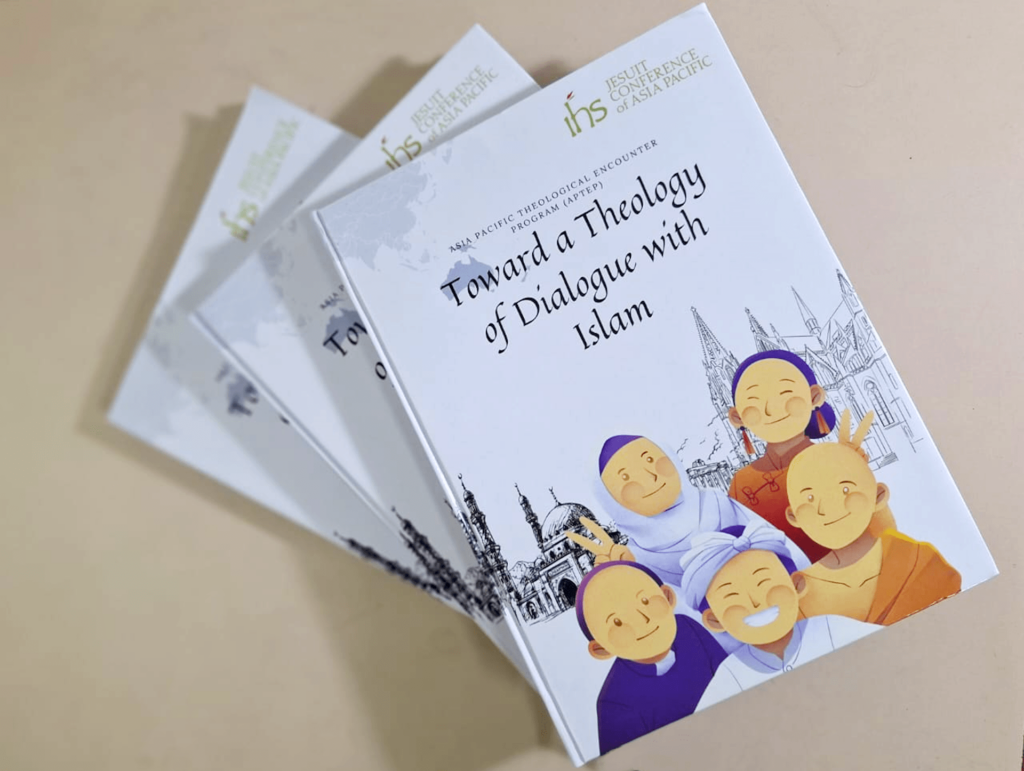The Qur’an, which was revealed about 600 years after the New Testament, tells the story of Christmas in its own way. An account of the birth of Jesus occurs in more than one of its 114 Surahs (or chapters). In these accounts, we find a clear emphasis on the virgin birth of Jesus and an announcement that Jesus was sent by God with a message of peace for all mankind.
The Qur’an does not mention the Angel Gabriel by name but says that ‘a Messenger’ was sent by God to tell Mary about “the gift of a pure son” (Qur’an 19.19). In another verse, the angels announce the birth of Jesus as follows: “The angels said, ‘Mary, God gives you news of a Word from Him, whose name will be the Messiah, Jesus, son of Mary, who will be held in honour in this world and the next, who will be one of those brought near to God. He will speak to people in his infancy and in his adulthood. He will be one of the righteous’” (Qur’an 3.45-46). When Mary asked the angel: “How can I have a son when no man has touched me?”, the angel replied: “This is how God creates what He will; when He has ordained something, He only says, ‘Be’, and it is” (verse 47). In other words, when the time came for Jesus to appear, God created Jesus directly by a simple command.
In the Qur’an, there is no mention of Bethlehem or the stable that we find in Luke’s Gospel; only that Mary “withdrew to a distant place” (Qur’an 19.22). Nor is there any mention of the shepherds who came to visit Mary, Joseph and the child Jesus. Instead, the Qur’an stresses the natural, normal circumstances of this childbirth by describing the pain that Mary and all women experience. “When the pains of childbirth drove her to (cling to) the trunk of a palm tree, she exclaimed, ‘I wish I had been dead and forgotten long before all this!’ but a voice cried to her from below, ‘Do not worry: your Lord has provided a stream at your feet and, if you shake the trunk of the palm tree towards you, it will deliver fresh ripe dates for you, so eat, drink, be glad” (verses 23-26). The intention or purpose of the Qur’an in these verses is to tell us that Jesus was born in the ordinary way and that God provided for him and his mother.
Another remarkable thing mentioned in the Qur’an is that Jesus speaks to the people while still an infant. Jesus speaks from the cradle and says: “I am a servant of God. He has granted me the Scripture; made me a prophet; made me blessed wherever I may be. He commanded me to pray, to give alms as long as I live, to cherish my mother. He did not make me domineering or graceless. Peace was on me the day I was born, and will be on me the day I die and the day I am raised to life again” (verses 30-33). To understand these verses correctly, we must respect the intention for which they were revealed or written. The intention of the Qur’an here is not just to relate an extraordinary event that happened during the infancy of Jesus but to inform us of the way Jesus understood his task and mission in the world.
This gives us a clue as to why there is a difference between the New Testament and the Qur’an in their accounts of Jesus’ birth. Since a story has a particular purpose and wants to convey a specific message, there are different ways to tell that story. A story is not just an explanation of what happened in the past. A good storyteller always arranges the material for the story according to the purpose and meaning he or she wants to convey. All the more if the storyteller is God himself!
Fr. Herman Roborgh S.J.






